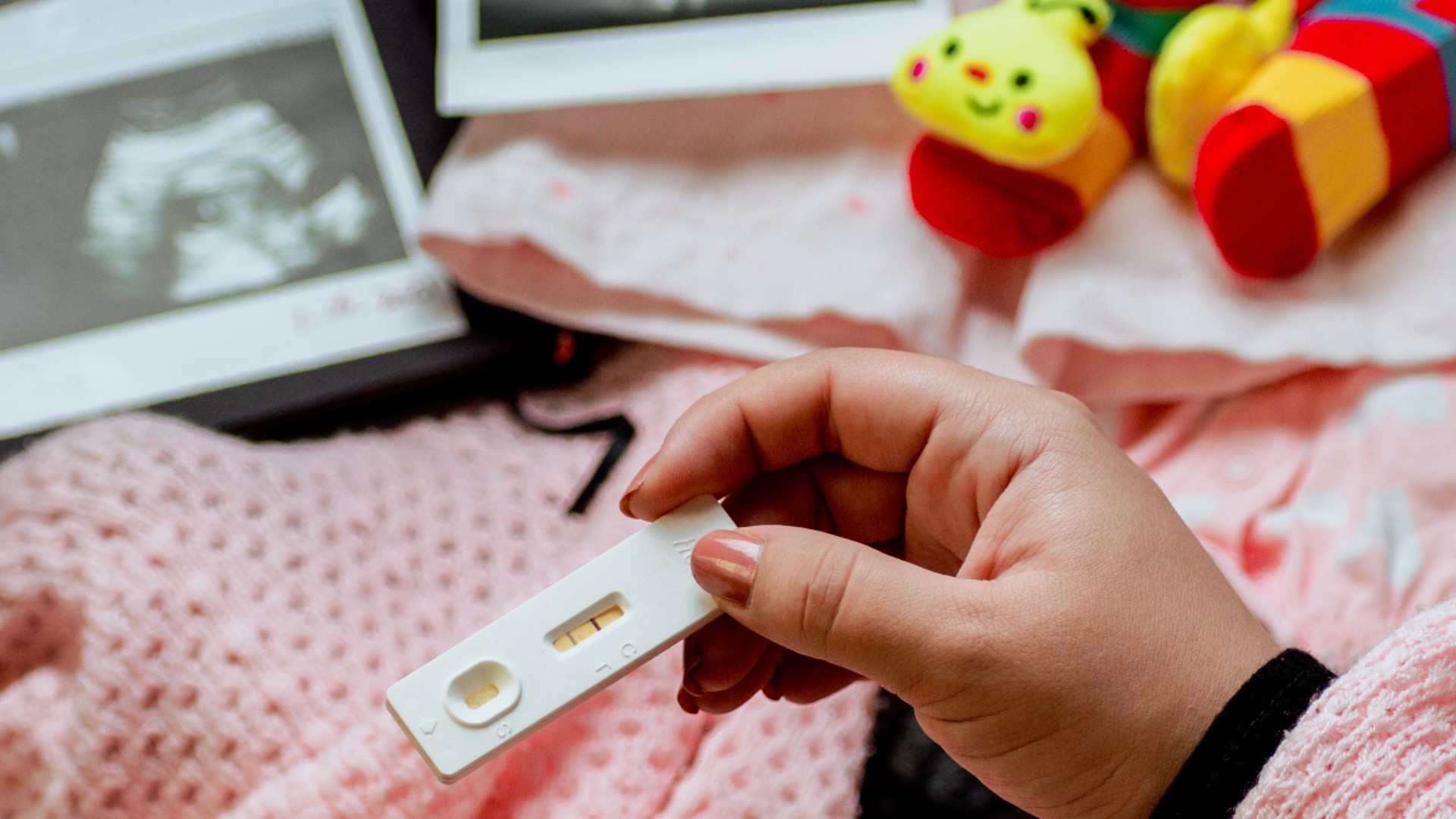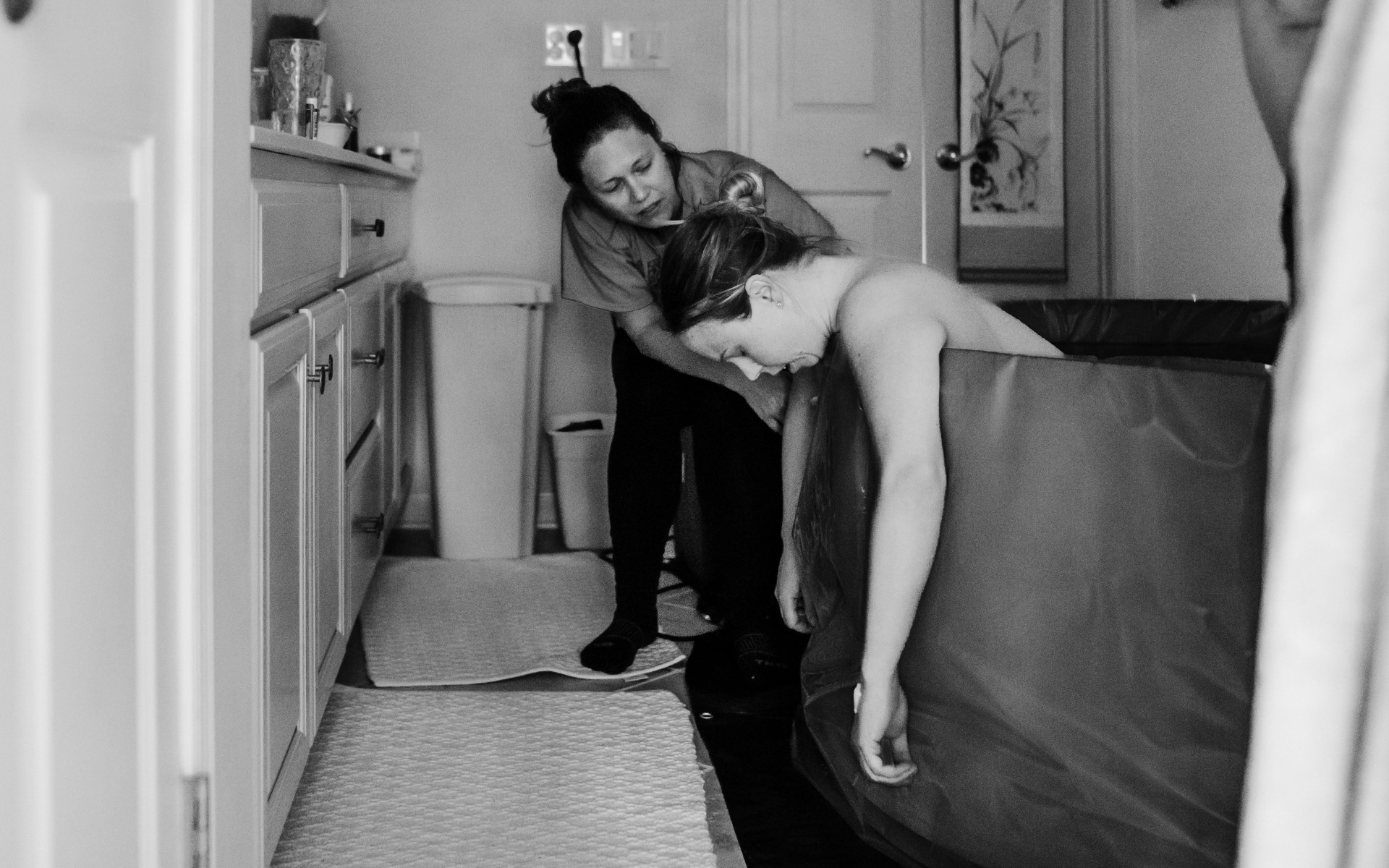
Understanding postpartum bleeding and what to expect
When you are bringing your baby into the world, many moms can experience issues after giving birth such as postpartum bleeding. While not every woman will experience this after giving birth, it is important to understand what postpartum bleeding is and what can be done about it so you are better informed and prepared just in case. What is postpartum bleeding? Postpartum bleeding, also known as postpartum hemorrhage (PPH), is a complication that can happen to some mothers after going through childbirth. According to the World Health Organization (WHO), between 6-10% of women worldwide experience some form of postpartum bleeding after labour. A typically medical definition for postpartum bleeding is either: Postpartum bleeding needs to be treated immediately and correctly in order to protect the life and well-being of the mom. Read more: Which is better, natural or c-section birth? What causes this? During your pregnancy, the placenta attaches itself to the uterus and provides nutrients and oxygen to the growing baby. After you have given birth, your uterus needs to contract in order to stop any bleeding and ‘birth’ the placenta. If the uterus does not contract effectively, the blood vessels in the area where the placenta was attached can continue to bleed, leading to postpartum bleeding. Delayed postpartum bleeding can happen up to 12 weeks after delivery. This later onset is usually caused by placental tissue remaining in the uterus or because of an infection that has developed. Shop now: Zoie Health’s New Mom Collection Why does this happen? There are several factors that can increase the risk of postpartum bleeding. These can including: There is a correlation between women who experience postpartum bleeding having a higher risk of also experiencing postpartum depression. What can be done to manage this? Timely and effective treatment is extremely important when it comes to managing postpartum bleeding. The first step is for your birthing team to figure out the amount of blood that has been lost as well as to determine what the cause of bleeding is. The following interventions may be used: Other types of treatment can be used to help mothers dealing with postpartum bleeding after it has occurred. Blood transfusions are sometimes needed to help replace the loss of blood and to speed up recovery. How can you prepare? To prevent postpartum bleeding, healthcare providers may give medications or other interventions during labor and delivery, such as medications to induce contractions in the uterus or using controlled cord traction. This is when the umbilical cord is pulled on gently to order to help deliver the placenta after the baby has been born. When it comes to postpartum bleeding, quick and effective treatment is vital. Talk to your birthing team and discuss how you would like to deal with this type of issue should the need arise. Your team will help you make the best and most appropriate decisions for you and your baby. Having this as a part of your birth plan not only allows for rapid response from your team but also gives you a sense of empowerment to know that you are prepared and informed. Read more: Preparing for childbirth? This is the ultimate checklist Before, during and after labour, always consult with your healthcare professionals and birthing team to understand all your options and to make sure you receive the correct care at the right time. To book a virtual online consultation with our Zoie Health professionals, click here. Sources: Zoie Health professionals, American College of Obstetricians and Gynecologists










